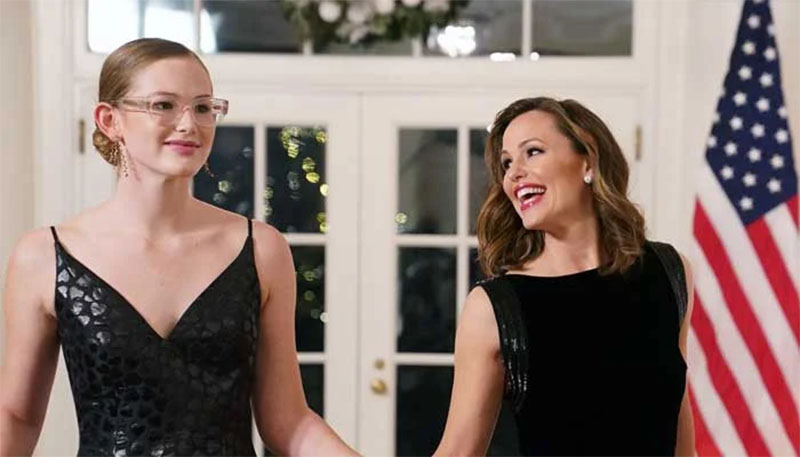Photo Credit: Getty Images
Violet Affleck offered a personal and academic perspective on the 2025 Los Angeles wildfires. The Yale freshman and daughter of actors Jennifer Garner and Ben Affleck used the paper to draw stark parallels between climate disaster responses and public health protocols during COVID-19. Her reflections revealed a clash of generational awareness and a deeper call for systemic change.
"I spent the January fires in Los Angeles arguing with my mother in a hotel room," Violet wrote in the essay titled A Chronically Ill Earth: COVID Organizing as a Model Climate Response in Los Angeles. Her mother, she recalled, was "shell-shocked, astonished at the scale of destruction in the neighborhood where she raised myself and my siblings." Violet, however, viewed the devastation through a different lens: "My question had not been whether the Palisades would burn but when."
The 24-day firestorm scorched large swaths of Pacific Palisades resulting in over 29 deaths and displacing thousands. According to the Los Angeles County Fire Department's January report, the blazes were accelerated by 45-mph Santa Ana winds and record drought conditions. "These fires are not anomalies," said LAFD Chief Kristin Crowley at a January 10 press briefing. "They are the new normal in a heating world."
The paper also recounts a moment with Violet's 13-year-old brother Samuel. "'Did global warming have to do with the speed of the wind?'" he asked. For Violet, the question revealed a gap in public understanding. "Hopefully, most of us understand the climate crisis better than my little brother," she wrote.
This wasn't Violet's first time in the public health spotlight. In July 2024 she spoke before the Los Angeles County Board of Supervisors to oppose potential mask bans. Citing her own experience with a post-viral condition diagnosed in 2019, she argued that "medicine does not always have answers to even minor viruses."
Violet concluded her essay with a call for climate scientists to adopt methods used by COVID-conscious communities—especially disabled individuals—for managing risk and protecting lives. "These communities already model what adaptive climate response should look like," she noted.
Garner, who has often praised Violet as a "self-starter," responded supportively in past interviews. "I'm learning as much from them as they're learning from me," she told People in 2023. Through personal testimony and policy critique, Violet Affleck's writing offers more than recollection—it's a sharp reflection on how youth, family and public health converge in a time of crisis.


